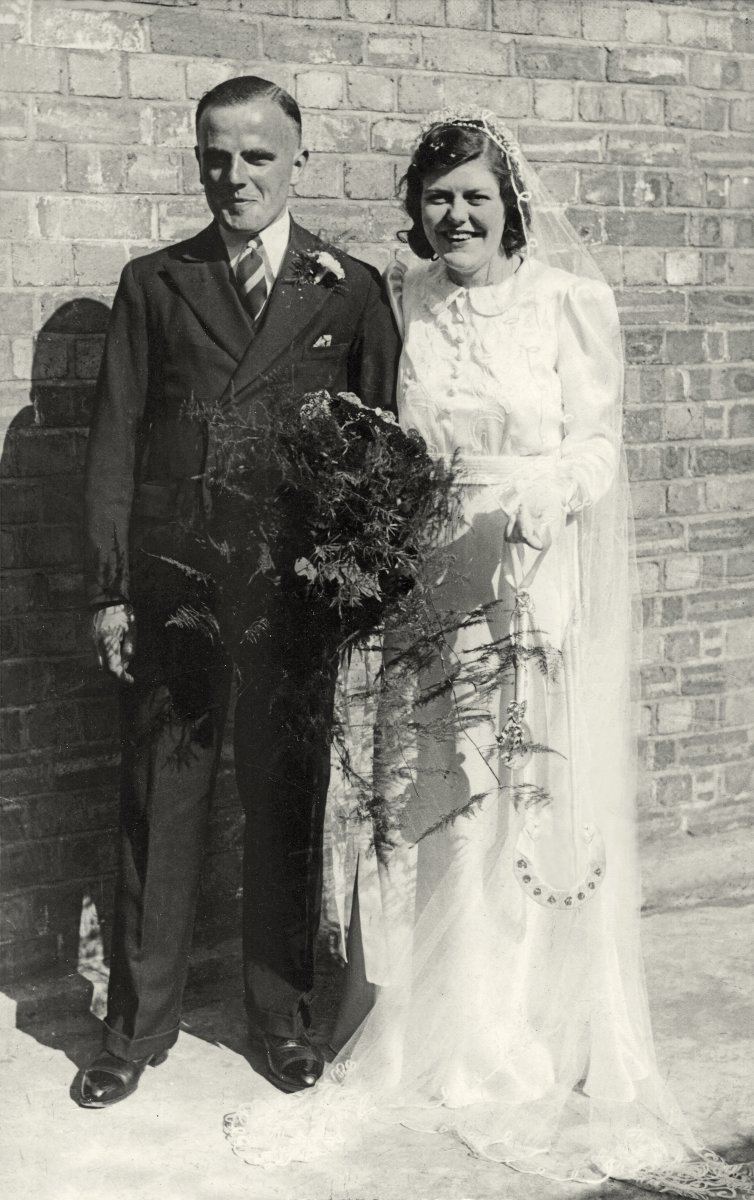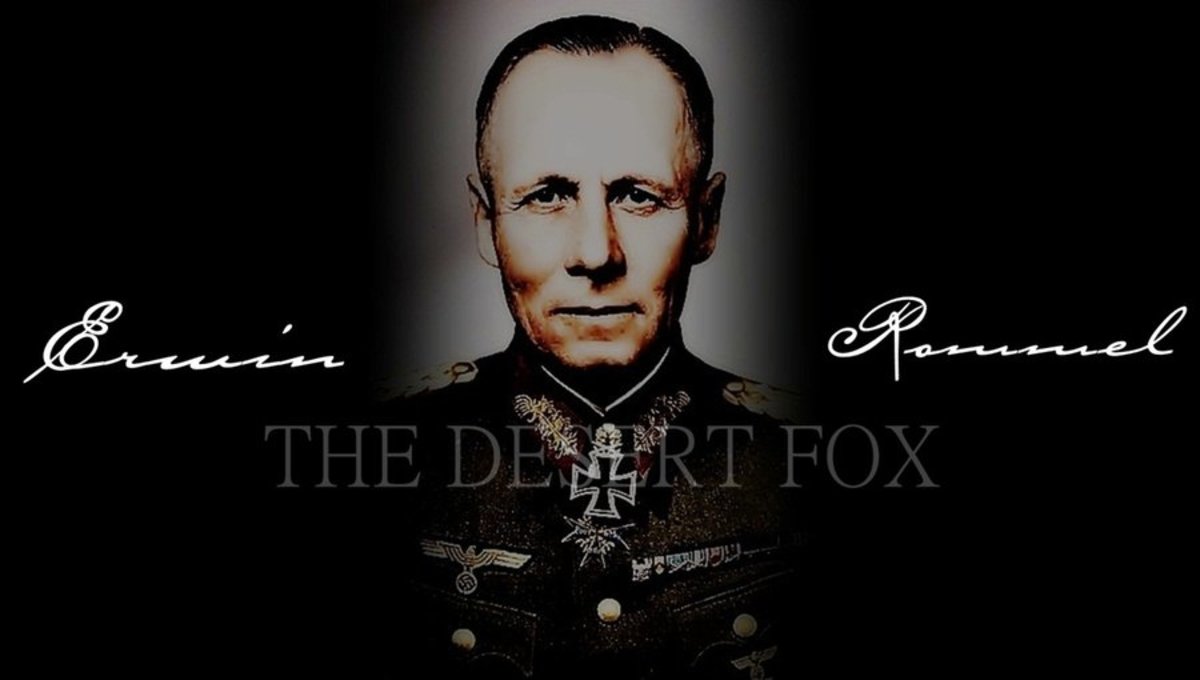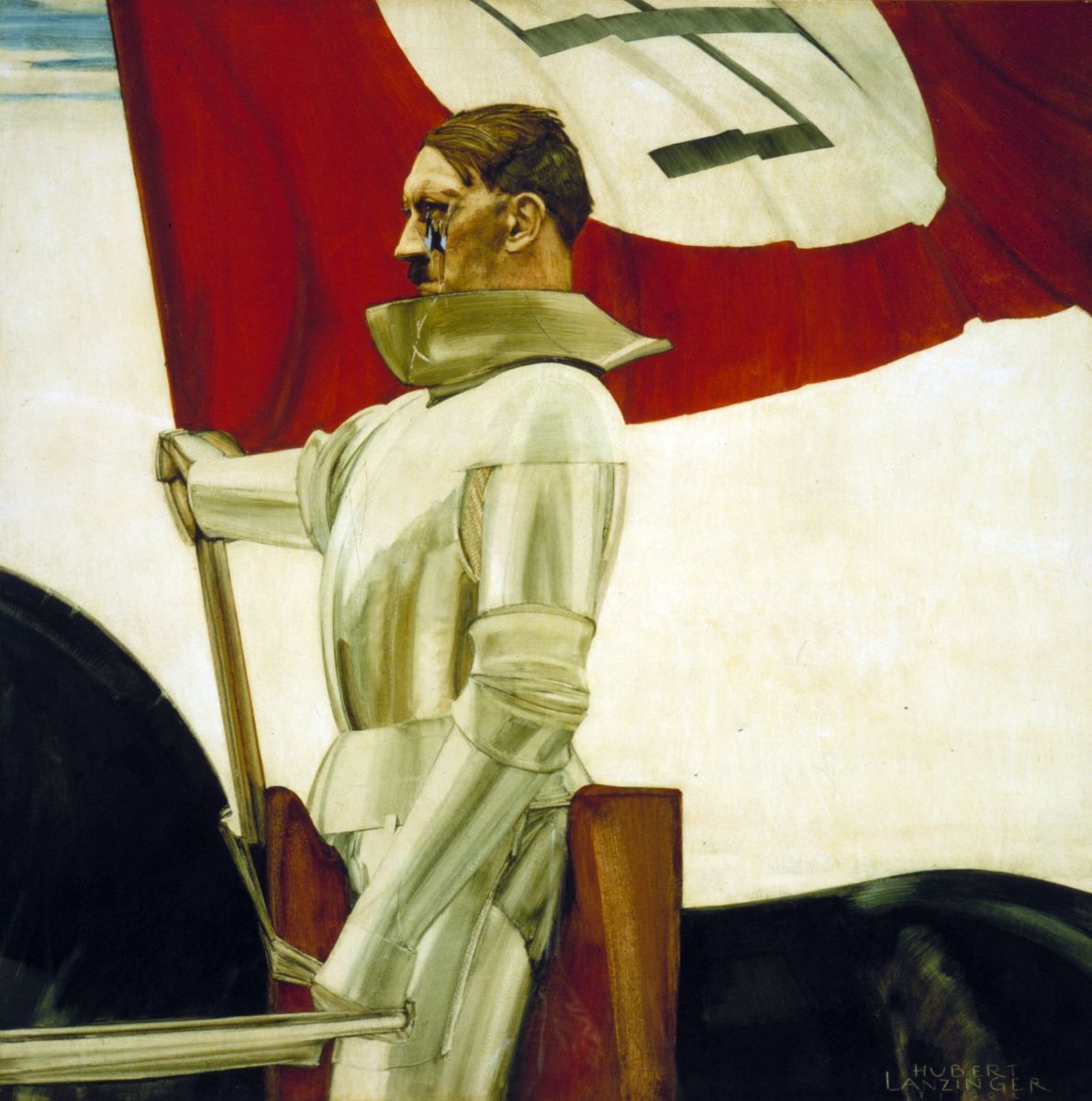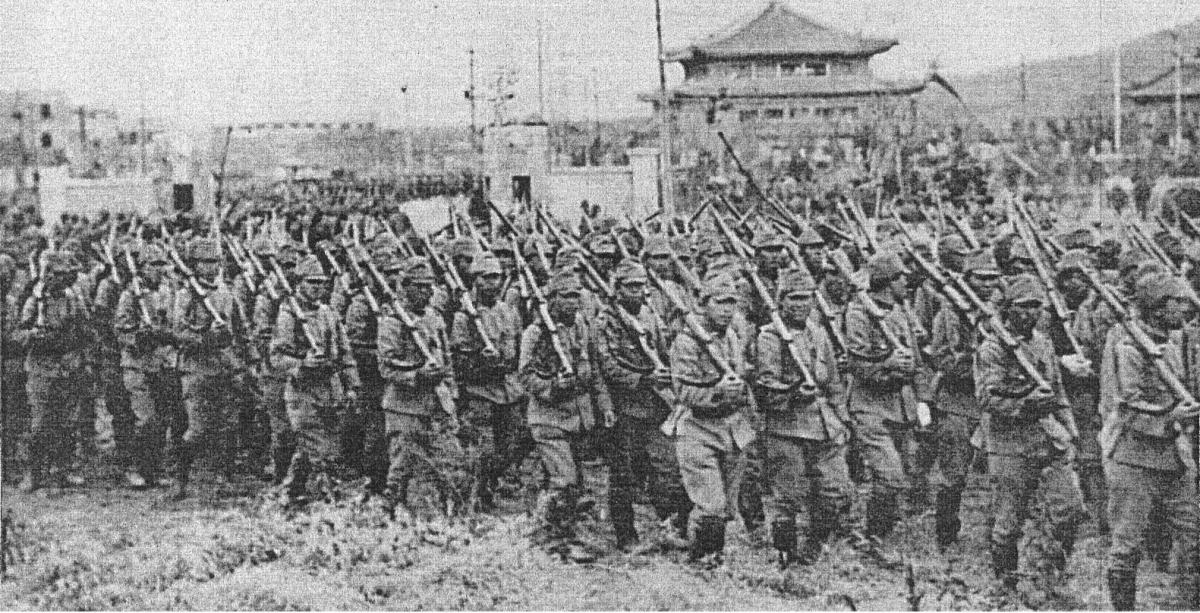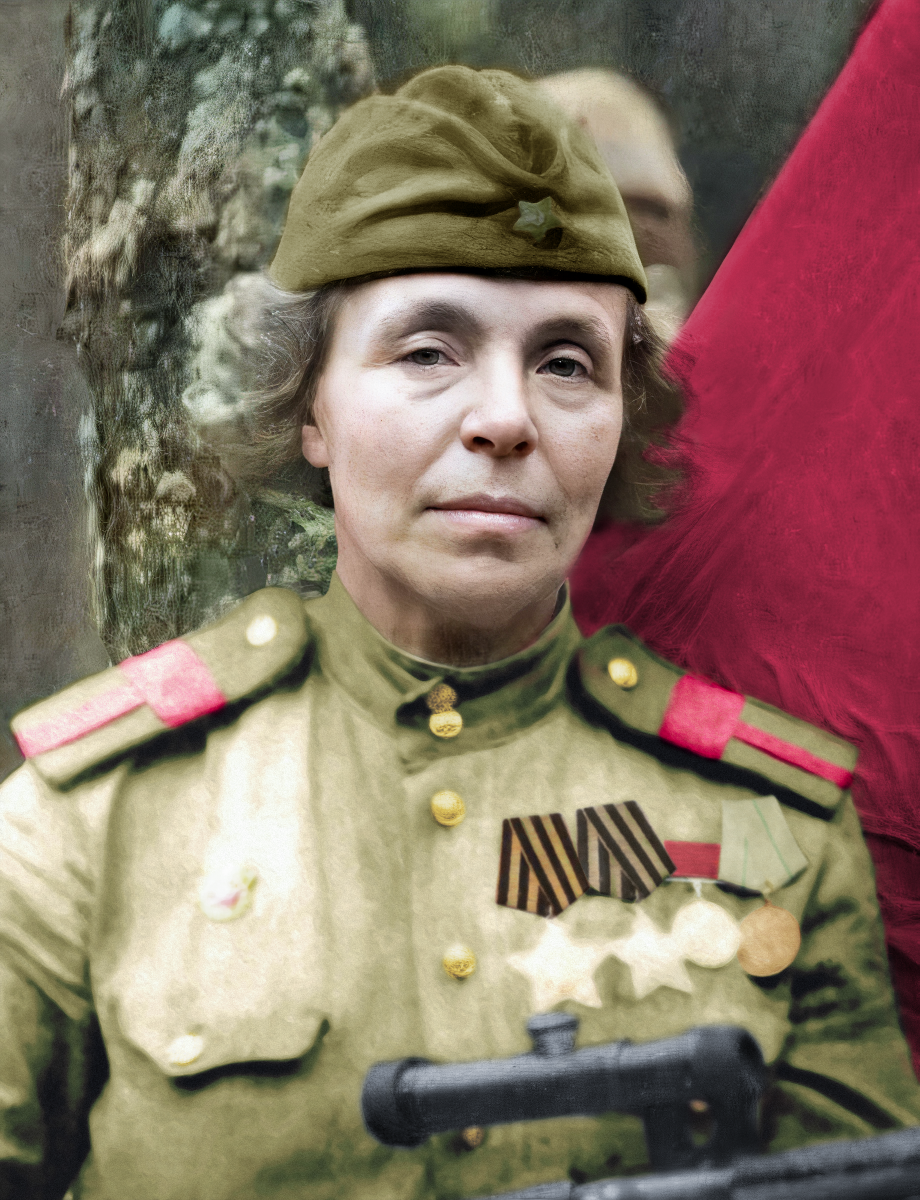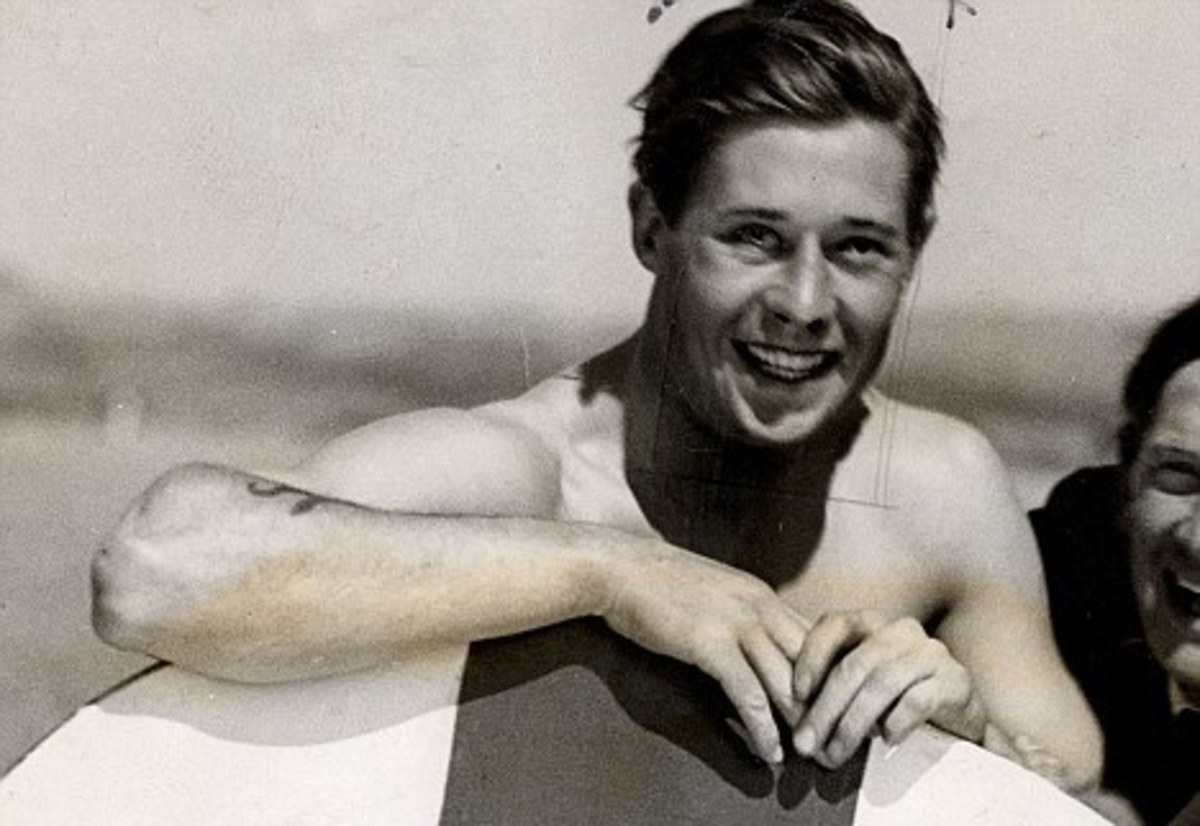- HubPages»
- Education and Science»
- History & Archaeology»
- History of the Modern Era»
- Twentieth Century History
A Flickering Candle in War's Annals
War and desolation
"War's annals will cloud into night
Ere their story die" - Thomas Hardy, "In Time of 'The Breaking of Nations'", 1915
The last century in the history of humankind was marked with the blood of millions of innocents whom the mortal blow did not pass over. The blood was to them of no avail, unlike the blood on the lintels of the Jews Egypt who's houses were passed over when death came to Egypt.
From the earliest years of the 20th Century innocent blood was spilt, not by "uncivilised hordes" but by cultured men, in a century of cruelty that it is extremely difficult for me to get my head around.
"What pure peace allows /Alarms of wars, the daunting wars, the death of it?" asked Gerard Manley Hopkins in the second half of the previous century which had not yet seen the incredible ferocity and destructiveness of the "War to end all wars" or any of the other shattering events that happened during the 20th Century. From Armenia to Flanders Fields, from Africa to Asia, from Western Europe to Siberia, in all parts of the world people wreaked havoc and death on other people, people who were only guilty of being in some way different from those who turned to killing instead of caring, hating instead of loving.
So much so that the world of the 20th Century seems in retrospect to be a realisation of the prophecy of Jeremiah: "A sound of battle is in the land, and of great destruction." (Jer 50: 22 KJV) and again in Chapter 51, the verses which inspired Hardy's poem: "You are my battle-axe, my weapons of war; with you I will break nations in pieces, and with you I will destroy kingdoms." (Jer 51: 20 NEB). And in place of the kingdoms is a picture of utter waste: "No stone of yours shall be used as a corner-stone, no stone for a foundation; but you shall be desolate, for ever waste." (Jer 51: 26 NEB).
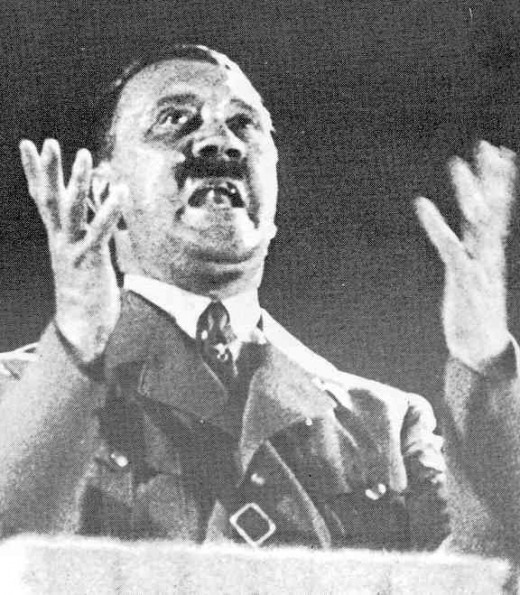
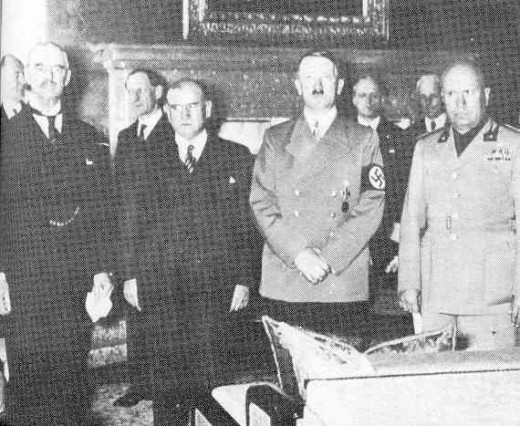
Blitzkrieg
And in the big clash of armies and historical ideas its so easy to forget that it is individual people who suffer and die, babies and children, grannies and grandpas, mums and dads, and lovers who have newly discovered each other in their love, as captured by Alun Lewis in his poem simply called "Goodbye":
"Yet when all's done you'll keep the emerald
I placed upon your finger in the street;
And I will keep the patches that you sewed
On my old battledress tonight, my sweet."
This year is the 70th anniversary of the treacherous assault on Poland by the Nazi Panzer divisions, the event which finally (although they waited a full 48 hours after the invasion started) got the British and the French to honour agreements and declare war on Nazi Germany. The invasion was not the first public declaration of Hitler's intentions, but was dramatic and foreboding enough to at last wake up the allies and get them to act.
The inaction of the Allies was at least in part inspired by the agreement signed at Munich in September 1938, which British Prime Minister Neville Chamberlain had hailed as "peace with honour" while others derided it as a total capitulation to Nazi demands.
In the British House of Commons Winston Churchill said: "One pound was demanded at the pistol's point. When it was given (a reference to the previous agreements made with Hitler at Berchtesgaden and at Godesberg), two pounds were demanded at the pistol's point. Finally, the dictator consented to take £1 17s. 6d. and the rest in promises of good will for the future."
Dylan Thomas did what poets do - he wrote a poem, a rather acid poem, called "The hand that signed the paper":
The hand that signed the paper felled a city;
Five sovereign fingers taxed the breath,
Doubled the globe of dead and halved a country;
These five kings did a king to death.
The "blitzkrieg" invasion was a significant and fearsome event. Polish officer Jan Karski, who became a resistance leader, was with his regiment, a mounted artillery division, in the early hours of 1 September 1939, later described how, while the soldiers tranquilly slept, "the Luftwaffe roared through the short distance to Oswiecim (called by the Nazis, Auschwitz) undetected and, perched above our camp, proceeded to rain a blazing shower of incendiaries on the entire region."
Thus started the Second World War, introducing a new and terrible chapter in the history of "man's inhumanity to man," a chapter of especial cruelty which has scarred the world forever, and a chapter which is still reverberating around the world.
The Warsaw Ghetto
The Nazis took over large tracts of Poland, sharing the spoils with the Soviets, in terms of the Non-Aggression Pact signed between the two countries just a few weeks before.
In the Nazi occupied western portion of Poland were some 22 million people, of whom a considerable number were Jewish. The Nazis herded these Jews into ghettos in all the major cities and towns, the largest of these ghettos was in Warsaw, the capital of Poland.
The infamous Warsaw Ghetto was established in October 1940, and within its walls contained some 440 000 people, or about 38% of the city's total population.
Within the ghetto walls the people did what they could to make life bearable and to keep their humanity intact. They organised, under the leadership and with the support of the underground resistance movements, both Jewish and Gentile, cultural activities and educational opportunities. A symphony orchestra was formed.
But the people of the ghetto, who included Romanis, were marked for extermination, all of them, including babies and the elderly, Jews and what the Nazis called "sub-humans." Between July and September 1942 between 250 000 and 300 000 residents of the ghetto were sent to the extermination camp Treblinka and murdered there.
Undesirable you may have been, untouchable
you were not. Not forgotten
or passed over at the proper time.
As estimated, you died. Things marched,
sufficient, to that end.
Just so much Zyklon and leather, patented
terror, so many routine cries.
(I have made
an elegy for myself it
is true)
September fattens on vines. Roses
flake from the wall. The smoke
of harmless fires drifts to my eyes.
This is plenty. This is more than enough.
- "September Song" by Geoffrey Hill
Candles flickering in the wind
In so much darkness it sometimes we see light, we see the hope of a humanity not entirely pressed out by the weight and power of propaganda and ideology. And this gives us, I think, the courage to carry on in spite of so much evil.
Two people who are such lights to us are Irena Sendler and Maximilian Kolbe, both Polish and both Catholic, though I'm not sure that's important, more like a coincidence, in this case.
Sendler died a year ago this month, indeed, this week, on 12 May 2008, to be precise. Her story is becoming well-known, how she saved about 2500 Jewish children from the Warsaw ghetto by smuggling them out under the eyes of the Nazi overlords and placing them in the hands of other people of good will. She was one person who risked everything to save some lives, to stand against death and for life.
Kolbe was a Catholic priest, a Franciscan, a brilliant intellect with two Ph.Ds. He was arrested by the Nazis three weeks after the invasion of Poland, released in December of that year and then late in 1940 arrested again. In the intervening months he had given succour and shelter to thousands who were trying to escape the Nazi brutality, including some 1500 Jews.
He was taken to Auschwitz where he offered his life in exchange for another prison inmate's. The man Kolbe died for, Francis Gajowniczek, died 54 years later at the age of 94. "Wine spilling over, laughing, gallons of it, frolic-lavish, as at Cana," writes Paul Mariani (in Martyrs, edited by Susan Bergman, 1996).
Elegy for the dead
The Second World War killed more than 50 million people all over the world, and its effects are still being felt. The victims of the War were Jews, Romanis, Russians, Japanese, Indians, Africans, Americans, Europeans, Christians, Buddhists, Muslims, atheists, capitalists, communists and any other label you can think of that can be applied to a person. "Each of these victims," Mariani writes, "if we could get at the truth, was a unique, irreplaceable individual. Even when we die together, it seems, we die alone, and the world is the poorer for each spark extinguished."
And each life saved is a "wine spilling over" event - the babies saved by Irena Sendler, the man Francis Gajowniczek who was given a 54-year reprieve through the selflessness of another man, and everyone who has made a decision not to allow the categories and labels that can be attached to people, like the yellow stars the Nazis forced Jews to wear, to blind them to the essential humanity of each other person, these are the small and big things that keep that flickering candle of hope alive in the bitter winds of dogma and prejudice. But its an uphill battle, as they say, and we need all the help we can get to climb over the hill.
So this week I remember Irena and Maximilian and for the rest of the year will have to find other heroes of the struggle against the darkness to help me keep my hope alive in this new century, a hope that this new century will not be as bloody and death-filled as the last one was.
In a remarkable poem called "Elegy for a Dead Soldier" Karl Shapiro wrote this moving ending entitled "Epitaph":
Underneath this wooden cross there lies
A Christian killed in battle. You who read,
Remember that this stranger died in pain;
And passing here, if you can lift your eyes
Upon a peace kept by a human creed,
Know that one soldier has not died in vain.
Copyright Notice
The text and all images on this page, unless otherwise indicated, are by Tony McGregor who hereby asserts his copyright on the material. Should you wish to use any of the text or images feel free to do so with proper attribution and, if possible, a link back to this page. Thank you.
© Tony McGregor 2010




